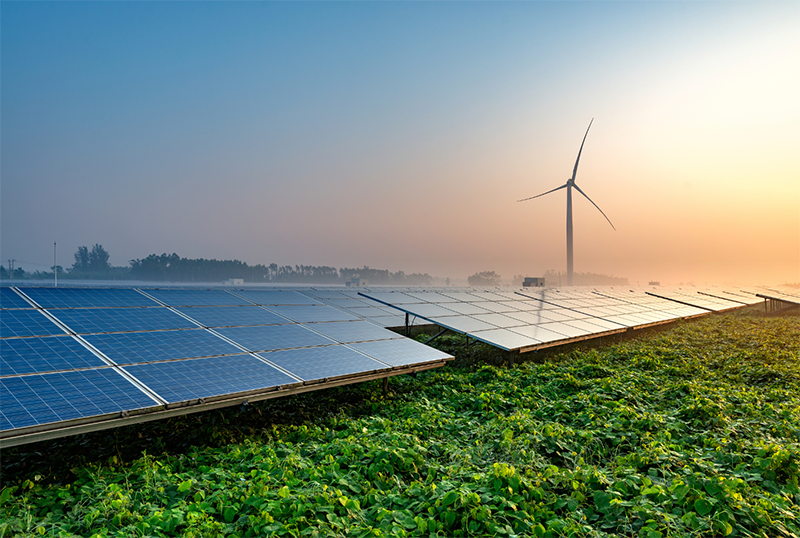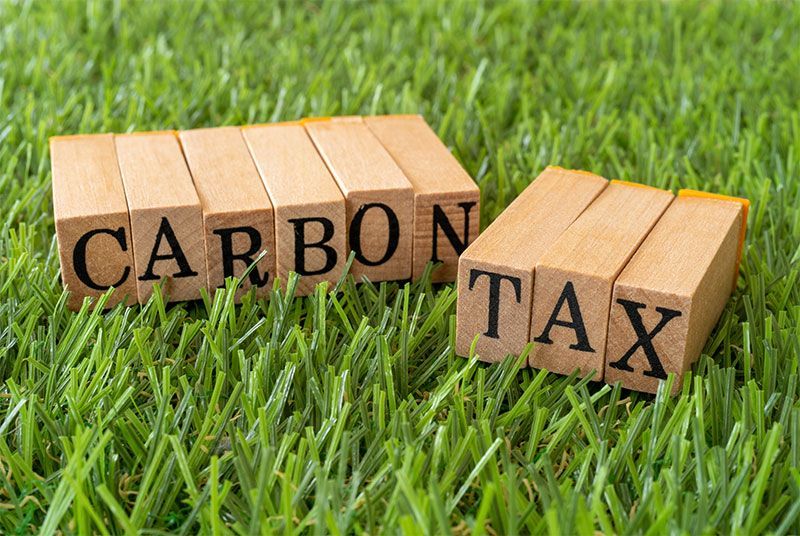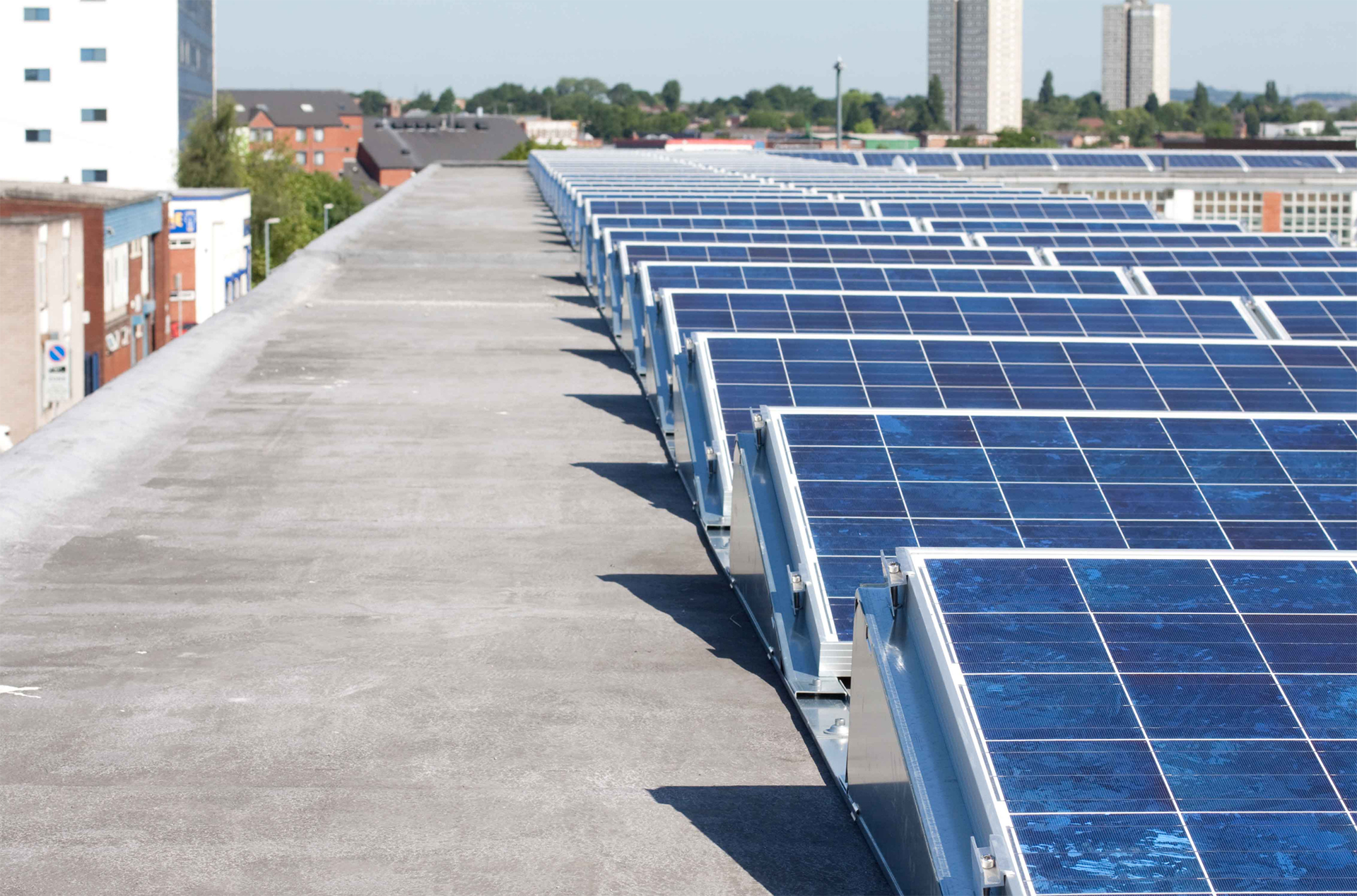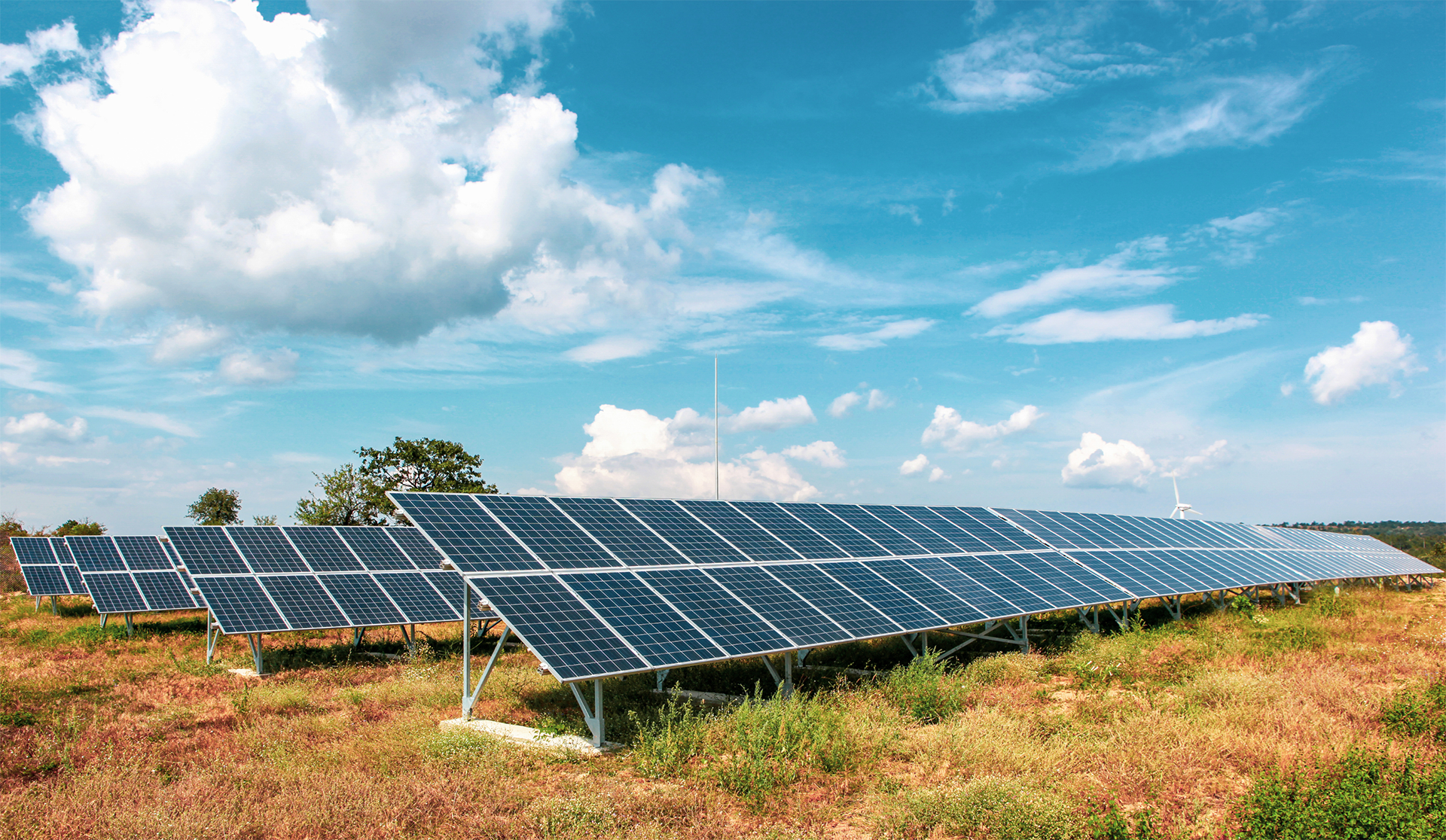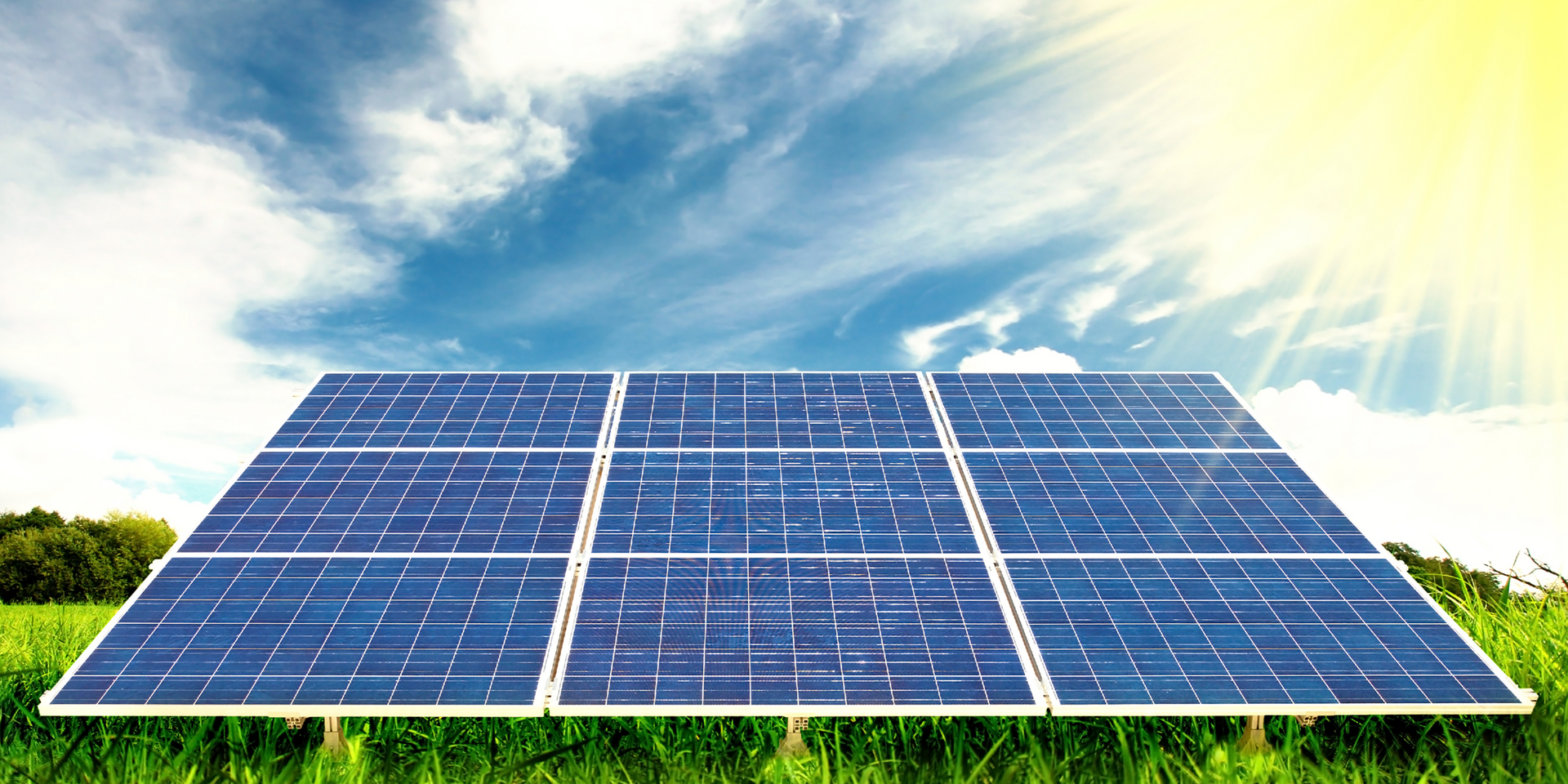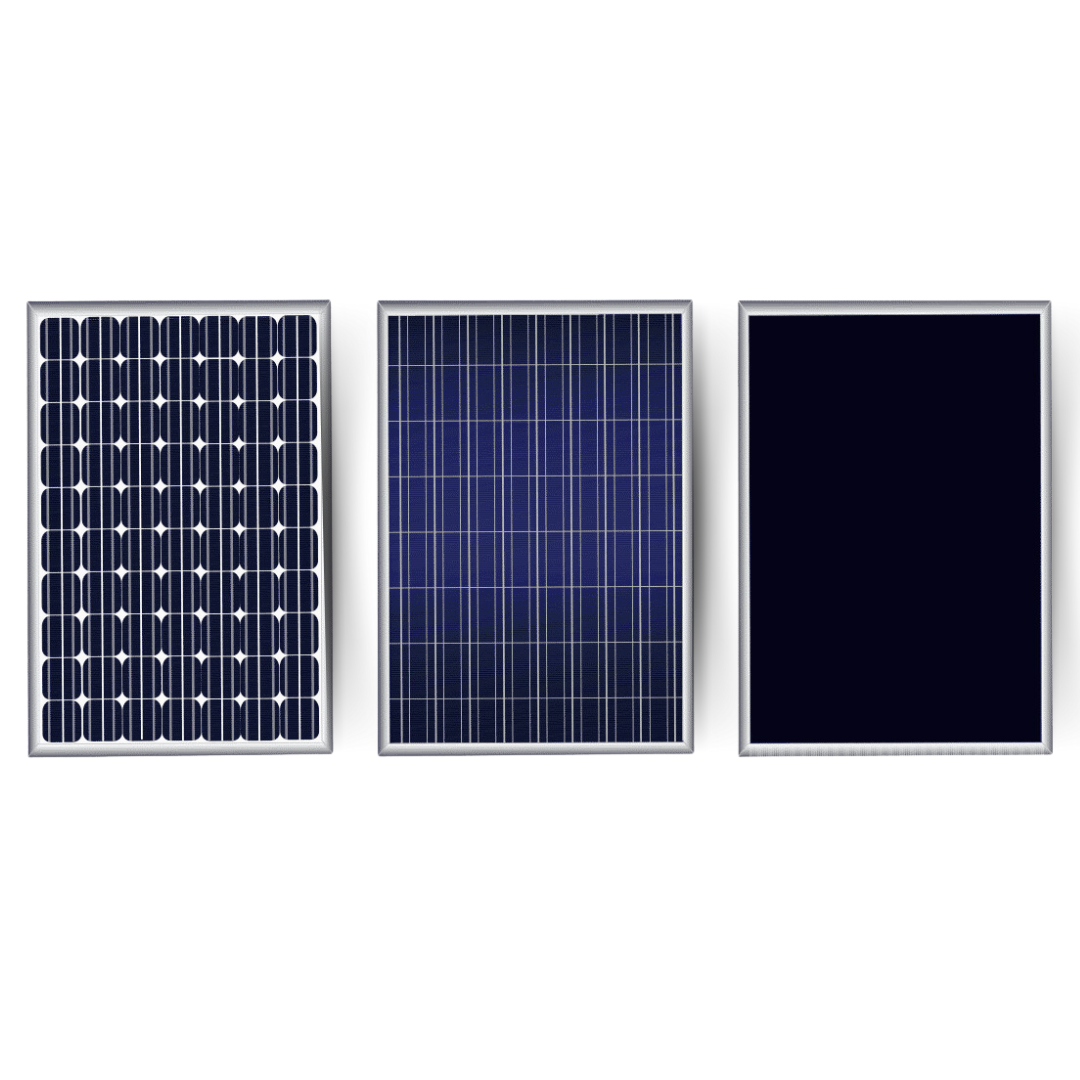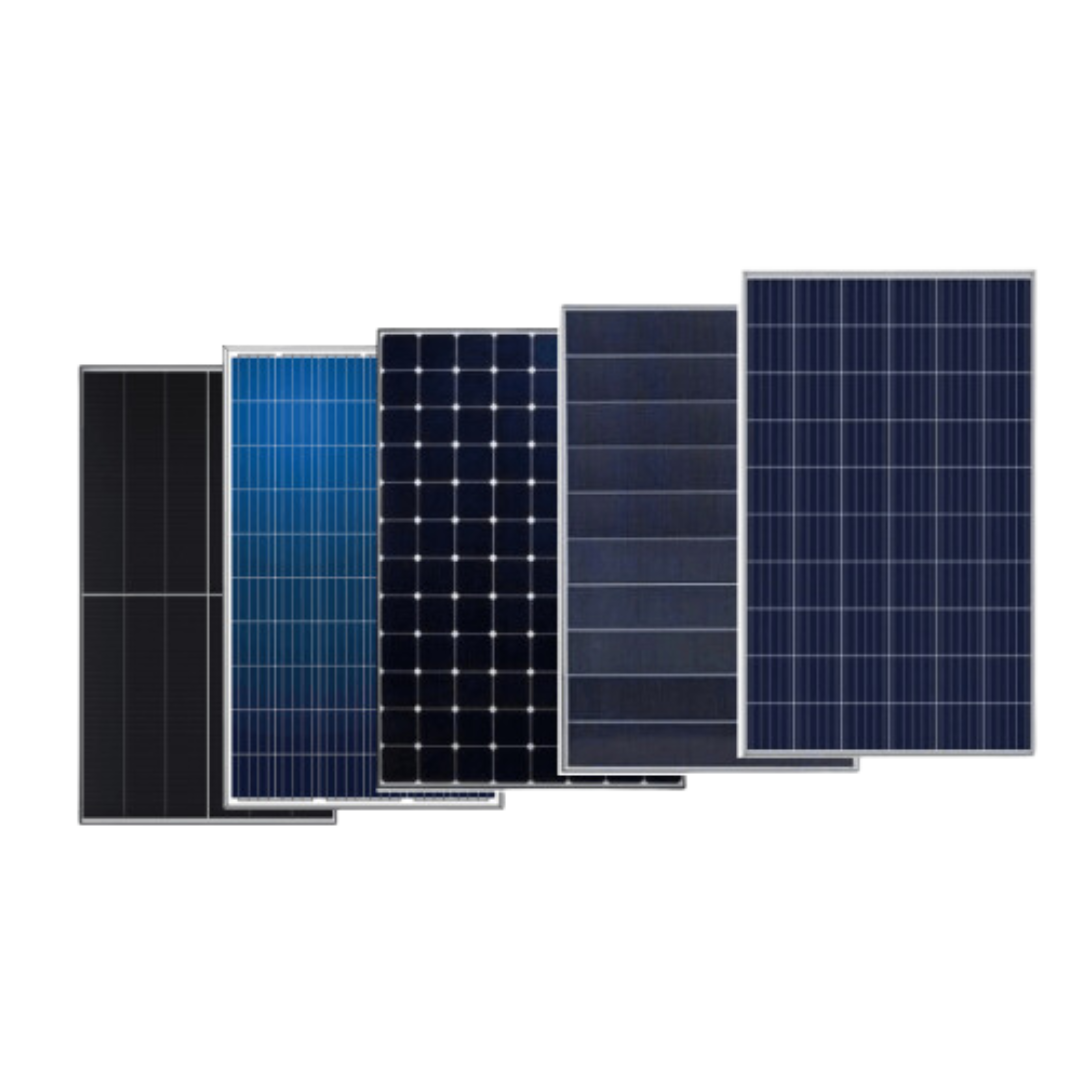Why More South African Companies Are Turning to Solar Energy
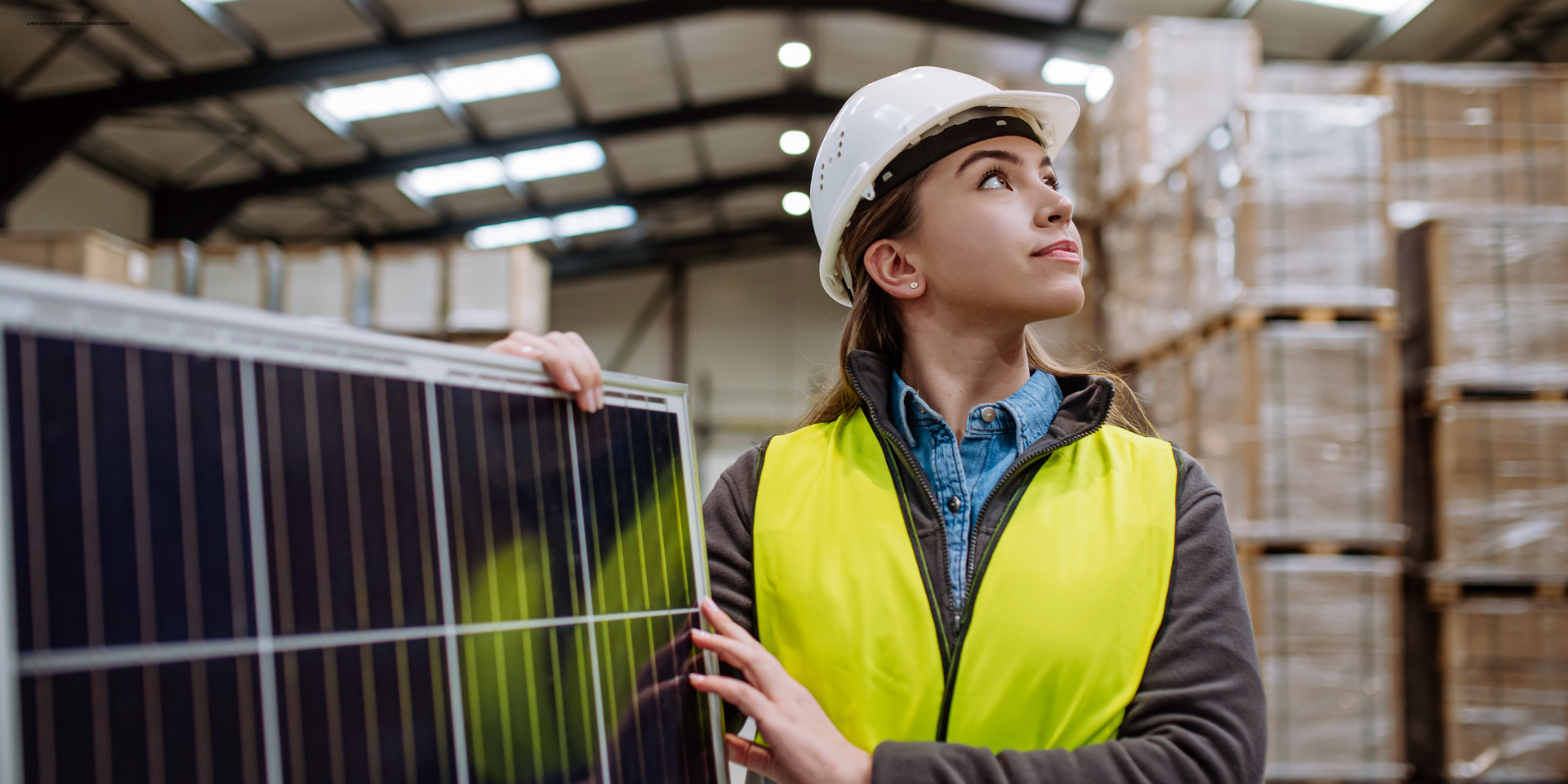
What’s Going on at Eskom?
Why Switch To Solar Power?
It’s simple—solar power doesn’t just offer an eco-friendly option. It’s a reliable and sustainable energy source that can stabilize energy costs, providing protection from the national grid's unpredictability. With solar, businesses can take control of their energy consumption and significantly reduce reliance on Eskom.
Top Reasons To Gain Energy Independence Switch to Solar Power:
1. Cost Savings and Stability
With Eskom’s frequent and often unpredictable tariff increases, businesses are left in the dark (sometimes literally) when it comes to energy expenses. Solar power offers a financial lifeline, giving companies the ability to stabilize energy costs by generating their own electricity. Once the upfront investment is made in solar panels, the ongoing maintenance and operational costs are minimal. Over time, solar energy systems pay for themselves, protecting businesses from future price hikes and shielding them from Eskom's volatility.
Basic Implementation Example
A medium-sized manufacturing company installs a solar panel system that powers part of its daily operations. While the initial cost may seem high, the company takes advantage of government incentives and tax breaks, reducing the upfront cost. Within five years, the company recoups its investment through energy savings. Beyond this point, the energy produced by the solar panels is nearly cost-free, providing the company with stable energy costs despite Eskom’s rising tariffs. Additionally, any excess energy generated during the day can be stored or sold back to the grid for extra revenue.
2. Energy Independence
In South Africa, load shedding and power outages have become a regular part of life. These interruptions in power supply wreak havoc on businesses, causing production delays, communication issues, and even financial losses. Solar energy offers a reliable alternative, allowing companies to generate their own electricity and maintain operational stability, even when the national grid falters. This energy independence gives businesses the freedom to control their power supply and reduces their reliance on Eskom's often unreliable grid.
Basic Implementation Example
A retail chain installs a solar-plus-battery storage system in all of its stores. The solar panels power the stores during the day, while excess energy is stored in batteries for use during load shedding or peak demand periods. This ensures that the stores remain operational even during power cuts. The chain also integrates smart energy management software, allowing it to monitor and optimize energy usage across all locations, further enhancing efficiency and reliability.
3. Environmental Benefits
Switching to solar energy isn’t just about cutting costs; it’s also about reducing your company’s environmental impact. Consumers and stakeholders are increasingly expecting businesses to embrace sustainability, and adopting solar is a powerful way to demonstrate commitment to eco-friendly practices. By reducing reliance on fossil fuels, companies can significantly lower their carbon footprint, helping to combat climate change. Furthermore, a focus on sustainability can enhance brand reputation, setting companies apart as environmentally responsible leaders in their industry.
Basic Implementation Example
A corporate office installs solar panels on its roof to power its operations and commits to running on 100% renewable energy during the day. The company publicizes its environmental initiative, which resonates with eco-conscious consumers and investors. Not only does this move help the company save on energy costs, but it also boosts its reputation as a green business, appealing to a broader client base and potentially attracting new business opportunities.
4. Government Incentives
If solar energy’s cost savings and environmental benefits weren’t enough, the South African government is offering additional support through various incentives, such as tax breaks and rebates, to encourage the adoption of renewable energy. These incentives make the financial case for solar even stronger, allowing businesses to recover their investment more quickly. By tapping into these opportunities, companies can significantly reduce the initial costs of solar energy installations, making it an even more attractive and viable option.
Basic Implementation Example
A large hotel chain installs solar panels across its properties and applies for available government tax breaks and incentives for renewable energy investments. These incentives reduce the total installation costs by up to 30%, helping the chain break even on its solar investment within three years. With the money saved, the hotel chain reinvests in further sustainability initiatives, such as energy-efficient lighting and water-saving technologies, further reducing its environmental footprint and operational costs.
Try Our Savings Calculator
We’ve already created a Solar Savings Calculator to help you take control of your energy future. With Eskom’s unpredictable tariff increases, now’s the perfect time to see how much your electricity bill could rise in the next 5, 10, or even 20 years—and, more importantly, how much you can save by switching to solar.
Simply input your current energy usage and costs, and our calculator will instantly show you the financial impact of staying on the grid versus going solar. It factors in government incentives and the reduced operational costs of solar, giving you a clear view of your potential savings.

Why use it?
- Discover how much you could save on rising electricity costs.
- Get a personalized breakdown of your energy savings over time.
- See how quickly your solar investment will pay for itself.
Try it now and start planning for a more cost-effective, energy-independent future!
In a Nutshell
So, what’s the bottom line? The shift to solar energy is not just a trend—it’s a smart, strategic move for South African businesses looking to cut costs, enhance energy reliability, and improve their green credentials. Solar power offers cost stability, energy independence, and significant environmental benefits, all while reducing reliance on Eskom’s shaky grid. As solar technology continues to improve and become more affordable, this trend is likely to gain momentum, positioning businesses for a more sustainable, secure, and cost-effective energy future. With government incentives sweetening the deal, solar energy is no longer a question of "if" but rather "when" for companies looking to future-proof their operations and ride out Eskom’s uncertainty with confidence.

